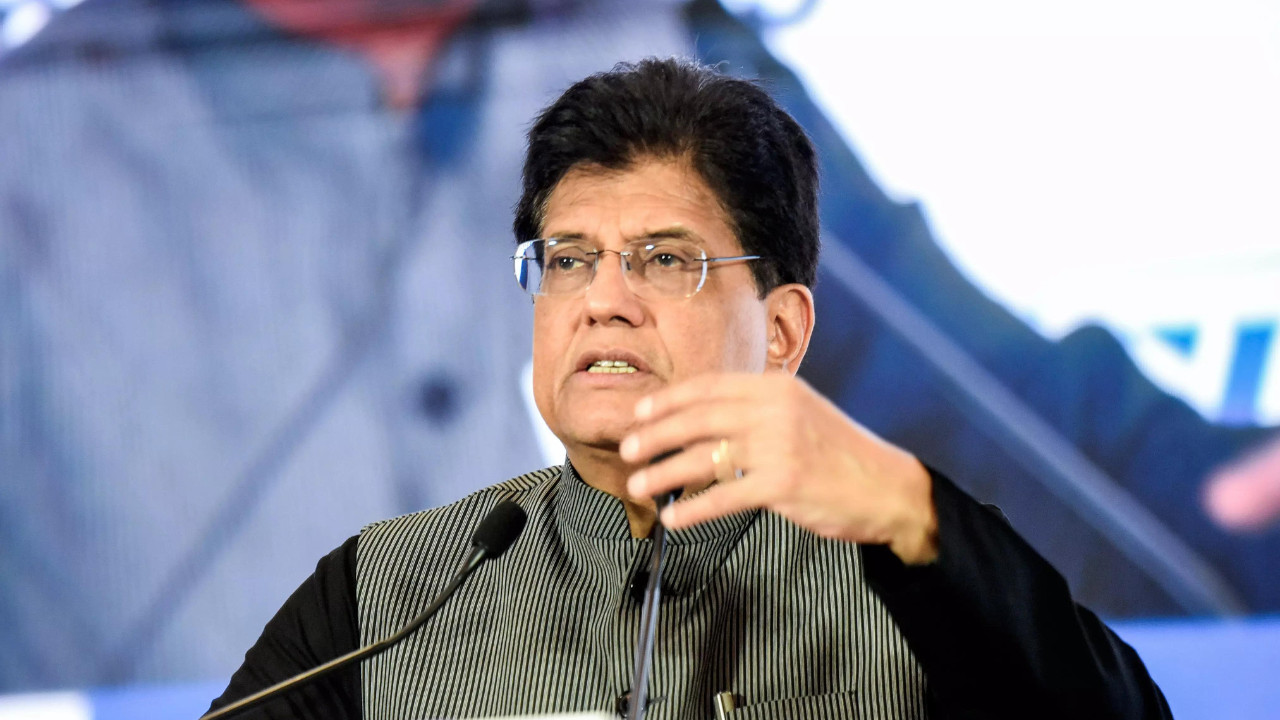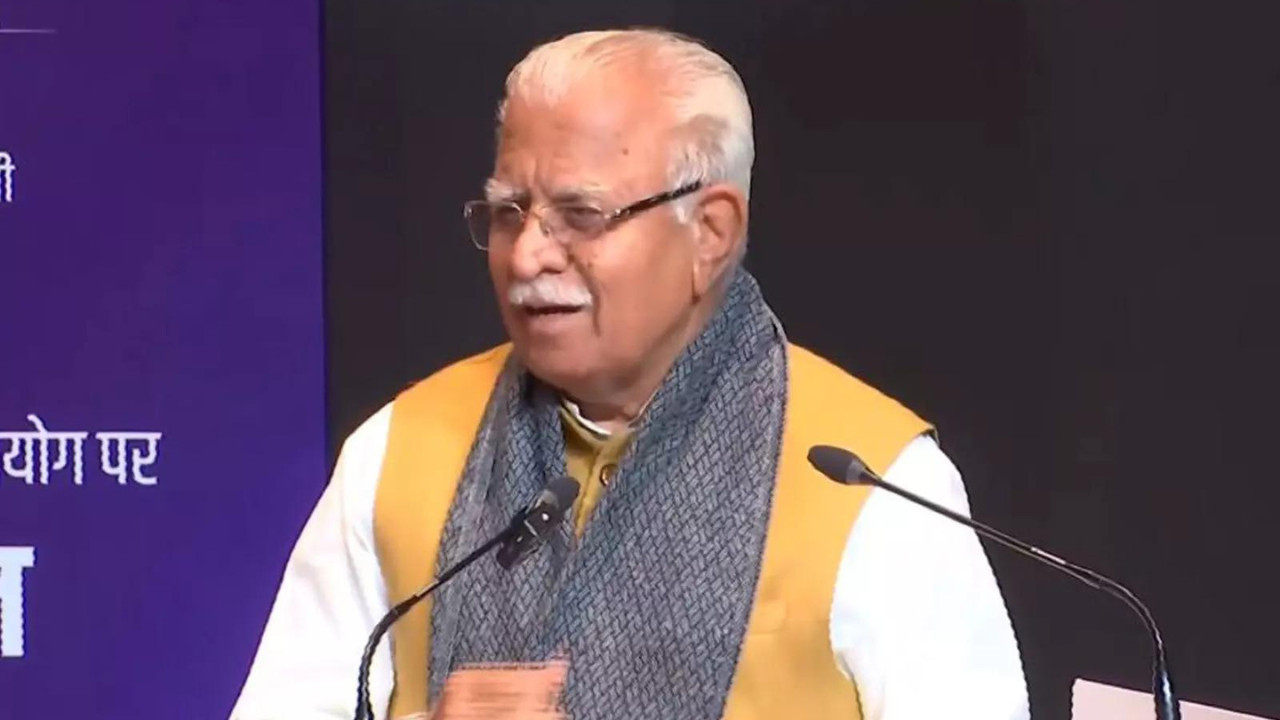Passing the Torch: Why Indian Family Businesses Are Primed for the Next Generation
Okay, let’s talk legacy. We all admire those sprawling family empires, the businesses that have stood the test of time, often woven deep into the fabric of our communities. But behind every successful enterprise lies a crucial, and often fraught, question: who takes the reins next? Succession. It’s a word that can bring both excitement and anxiety in equal measure, particularly for family-owned businesses.
And right now, it seems Indian family businesses are giving succession a serious look. Recent findings suggest they’re leading the charge globally in terms of actively planning and intending for the next generation to step up. A new report hints at a vibrant and proactive approach to leadership transitions within these enterprises, a move that could have a ripple effect across the Indian economy.
What’s driving this? Well, a whole cocktail of factors, I reckon. For starters, there’s the sheer weight of expectation. When your family name is on the door, the pressure to keep the legacy alive is immense. But it’s more than just tradition.
Think about the rapidly evolving business landscape. We’re talking about tech disruption, globalization, and a hyper-competitive market. Family businesses, often built on traditional models, are realizing they need fresh perspectives, digital fluency, and a hunger for innovation to survive, let alone thrive. Who better to inject that than the next generation, those digital natives who’ve grown up with smartphones practically attached to their hands?
But here’s the real kicker: This isn’t just about handing over the keys. It’s about nurturing the next generation of leaders, preparing them to navigate the complexities of a globalized world. Think about it. Many of these inheritors have had access to top-tier education, international exposure, and a deep understanding of the digital world that their predecessors might lack. That’s a powerful combination.
The report indicates that Indian families are actively mentoring and training their successors, exposing them to different facets of the business, and fostering a sense of ownership. They’re not just being handed a title; they’re being groomed for leadership. This involves not just the technical aspects of the business, but also the softer skills: communication, negotiation, and, perhaps most importantly, building trust within the organization.
And let’s be honest, that trust is crucial. Succession can be a minefield of family dynamics. Sibling rivalries, differing visions for the future, and the emotional attachment to the “old ways” can all derail even the best-laid plans. That’s why open communication, clear roles and responsibilities, and a willingness to adapt are so critical.
However, it’s not all sunshine and roses. I suspect there are still plenty of challenges lurking beneath the surface. For example, how do you ensure that succession is based on merit, not just bloodline? How do you address the concerns of long-term employees who may feel overlooked in the succession process? And how do you balance tradition with the need for innovation?
These are tough questions, and there are no easy answers. It requires a delicate dance between honoring the past and embracing the future, between respecting the experience of the older generation and empowering the vision of the younger.
But the fact that Indian family businesses are actively grappling with these issues, that they’re prioritizing succession planning, speaks volumes. It demonstrates a long-term vision, a commitment to sustainability, and a willingness to adapt to a changing world.
Ultimately, the success of these transitions will depend on a number of factors: the strength of the family bond, the clarity of the succession plan, and the willingness of both generations to learn from each other. But if Indian family businesses can get this right – and the report suggests they’re well on their way – they’ll be not only securing their own futures but also contributing to the continued growth and prosperity of the Indian economy. They’ll be setting an example for family businesses around the world.
So, keep an eye on this space. The way Indian family businesses handle succession could be a game-changer, a testament to the enduring power of family values combined with a forward-thinking approach to business. This is a story that’s just beginning to unfold, and I, for one, am eager to see how it plays out. It’s a story about legacies, yes, but even more so, it’s a story about the future. And the future, it seems, is in good hands.
📬 Stay informed — follow us for more insightful updates!







